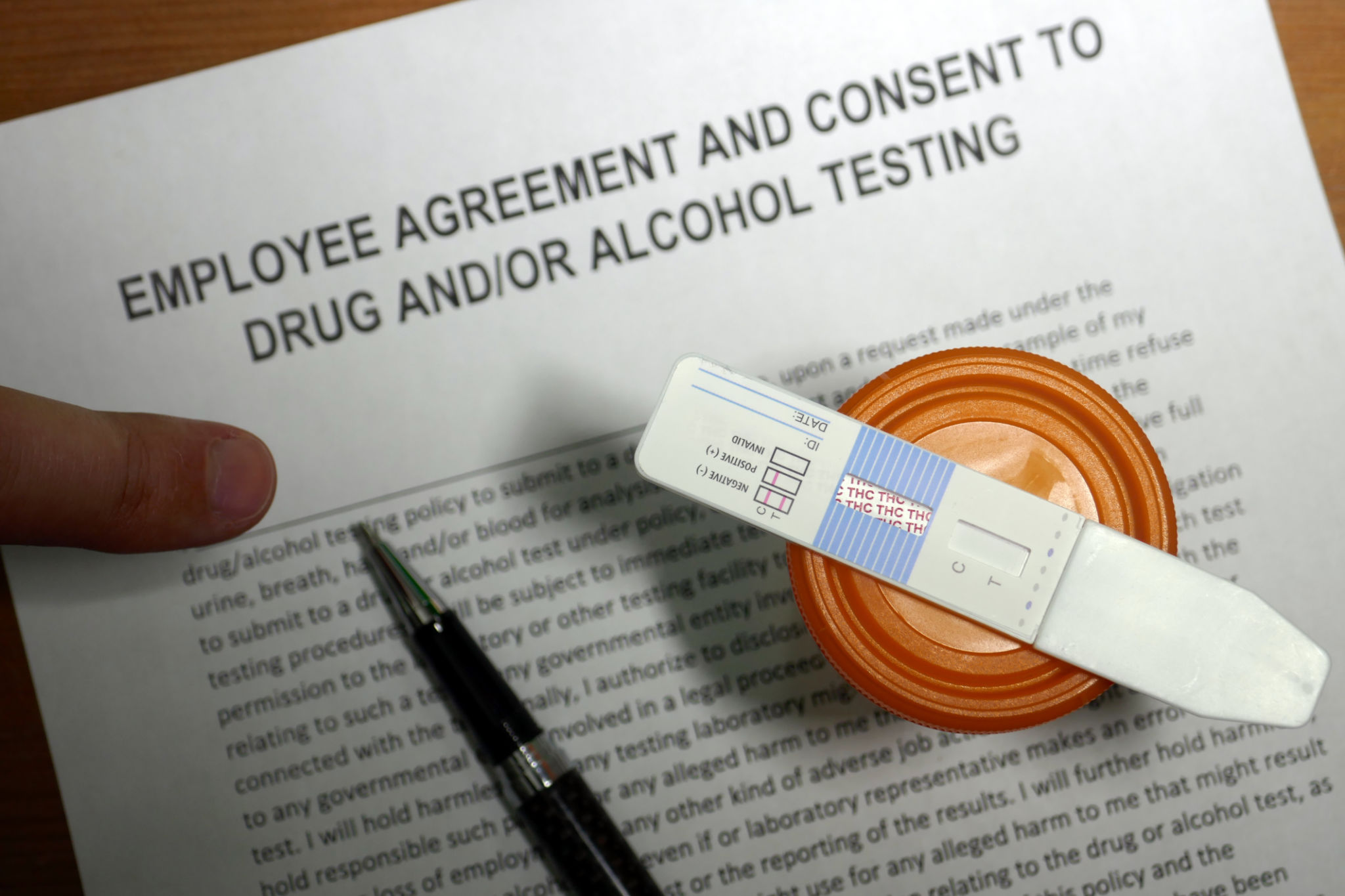The Importance of Random Drug Testing in Maintaining a Safe Workplace
The Role of Random Drug Testing in the Workplace
Maintaining a safe and productive workplace is a top priority for any organization. One of the key measures to ensure this is through random drug testing. By implementing such programs, companies can create an environment that not only protects employees but also enhances overall productivity. Random drug testing is a proactive approach to identifying and addressing substance abuse issues before they affect workplace safety and performance.
Enhancing Safety and Productivity
Random drug testing plays a crucial role in enhancing workplace safety. Employees who are under the influence of drugs or alcohol pose significant risks, not only to themselves but also to their coworkers. By conducting random tests, employers can deter employees from using substances that impair their judgment and coordination, thereby reducing the likelihood of accidents and injuries.

Furthermore, a drug-free workplace often translates to higher productivity levels. Employees are more focused, alert, and efficient when they are not under the influence of substances. This leads to better job performance and contributes to the overall success of the organization. Companies that prioritize employee well-being by ensuring a drug-free environment often enjoy improved morale and reduced absenteeism.
Deterrence and Prevention
A major benefit of random drug testing is its deterrent effect. Knowing that they could be tested at any time discourages employees from using drugs. This preventive measure is crucial in maintaining a culture of responsibility and accountability within the workplace. Employers who implement these tests send a clear message that substance abuse will not be tolerated.

The unpredictability of random drug testing makes it a powerful tool in preventing substance abuse. Unlike scheduled tests, random testing does not allow employees to prepare or alter their behavior temporarily, making it a more effective method to detect ongoing substance use issues.
Legal and Ethical Considerations
While random drug testing offers numerous benefits, it's essential for companies to conduct these tests ethically and legally. Employers must ensure that their testing policies comply with relevant laws and regulations, including respecting employee privacy and ensuring tests are conducted fairly and confidentially.
Clear communication about the reasons for testing and the procedures involved is critical. Employees should be informed of their rights and the potential consequences of failing a drug test. This transparency helps build trust and ensures that employees understand the importance of maintaining a safe workplace.

Implementing an Effective Program
To implement an effective random drug testing program, companies should consider the following steps:
- Develop a comprehensive drug testing policy that outlines the purpose, procedures, and consequences.
- Ensure compliance with legal standards and regulations in your region.
- Communicate the policy clearly to all employees and provide education on substance abuse prevention.
- Select a reliable third-party testing provider to ensure accuracy and confidentiality.
- Regularly review and update the policy to align with any changes in laws or company objectives.
By taking these steps, organizations can effectively manage the risks associated with substance abuse, fostering a safer and more productive work environment for everyone involved.
